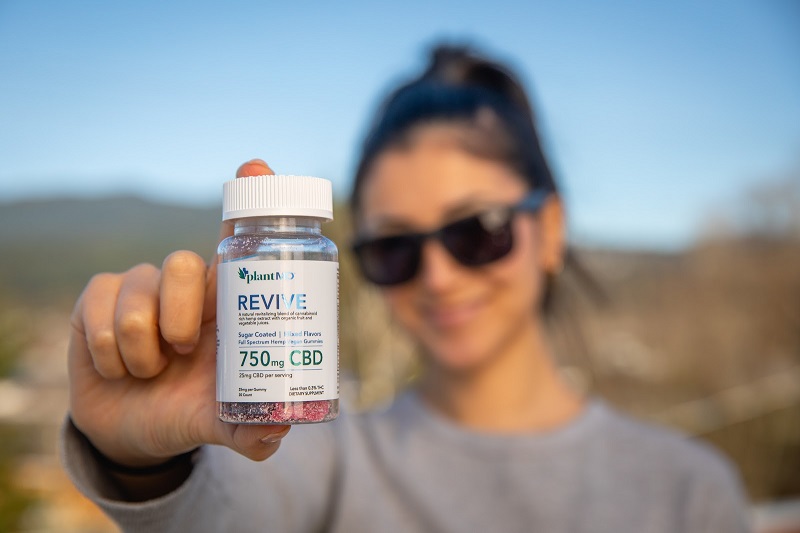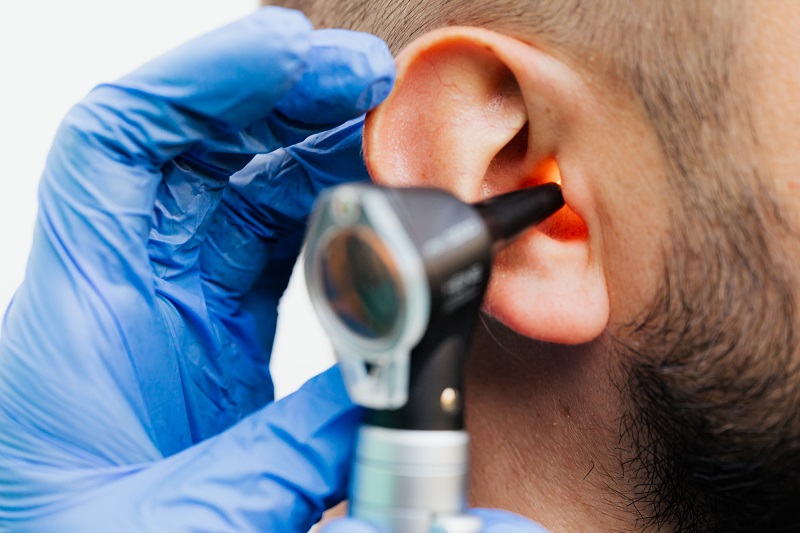Cannabidiol (CBD) oil is very popular these days. It seems like you can find it in all kinds of products, in any number of stores. Even though CBD is so widely discussed there is still a fair amount of confusion surrounding it. For example, many people believe that CBD can get you high, when in reality it cannot. So, how will CBD oil affect me?
The worry about CBD and psychoactive effects has kept many people from trying something that may help them. Anyone interested in giving CBD oil a try should be aware that it doesn’t cause a high. Let’s talk about how the myth came to be and why CBD does not create the euphoric high associated with cannabis use.

What is up with CBD oil?
The best way to understand how CBD oil may affect people is by knowing what it is and where it comes from.
CBD is a chemical compound called a cannabinoid. These are compounds found in cannabis plants. It is more than likely that you have heard of the two main kinds of cannabis plants. They are known as hemp and marijuana. CBD is found in both of these plants along with over 113 other cannabinoids. Other compounds like terpenes are what give cannabis plants their distinctive smell and flavor. CBD isn’t the only cannabinoid you’ve likely heard of. But we’ll cover the more famous cannabinoid later. For now, it is important to know that CBD is a cannabinoid.
When CBD is extracted from the plant it is normally then converted into an oil. That oil can be used to make several different kinds of products. As a result, there are lotions, snacks, and hand sanitizers, made with CBD oil. Some people even prefer to take the oil just as it is. They don’t want it in any other form.
This is just the basics of what CBD is. We will cover a lot more about it in just a little while.

Why do people think that CBD oil can cause a high?
So, what causes the confusion that surrounds CBD oil? The answer is pretty simple. It is because of a chemical cousin of CBD.
As stated above, there is another cannabinoid that is a bit more famous that CBD. It is tetrahydrocannabinol (THC). THC does create a high and CBD does not.
THC is known as the psychoactive chemical in cannabis. This means that at a certain concentration, it will intoxicate users. It does this by interacting with specific receptors in the Endocannabinoid System. This system is made up of receptor that react to cannabinoids. It has an effect on a number of functions, including things like memory and appetite.
THC actually blocks a number of these receptors in the brain having various effects on behavior. It may have a negative impact on your memory, and it could stimulate the appetite more than normal. This is how you get the stereotype of a cannabis user who wants to eat all the time and has a poor memory.
What it really comes down to is that THC affects your cognitive functions. It could make even basic functions much more difficult than they are when you are sober. That is what it is about THC that creates a high. Something that CBD does not do. How will CBD oil affect me? It won’t get you high at all.

How Will CBD Oil Affect Me?
It can’t be said enough, CBD doesn’t cause a high. Unlike THC, CBD is not psychoactive.
Because CBD is a cannabinoid, it does interact with the Endocannabinoid System. But the way that CBD binds and interacts with those receptors is quite different from THC. CBD interacts with a different set of receptors in the ECS resulting in diverse responses compared to THC such as increases in the release of dopamine and serotonin. This means that CBD may be able to positively influence your state of mind. But it doesn’t cause any inebriation. It does not cause any issues that could make cognitive functions difficult like THC may.
When using CBD oil or a product made with it, you are still going to be able to do everything that you do normally. It’s very unlikely that you’ll feel intoxicated at all.
There are some CBD oils that do have THC in them. These are known as full spectrum CBD oils. These oils only have 0.3% THC content. This low level of THC is not likely to get anyone high. However, if you are concerned about the potential of the THC getting you high, there are other CBD options. There are CBD products that are made with CBD isolate or broad spectrum CBD and they contain no THC. They will not get anyone high.

Can I take too much CBD oil?
What many people mean by this question is can you overdose on CBD? The answer is no, not really.
However, there is a right amount of CBD for everyone and there are some not very fun side effects if you do take very high quantities. The side effects of CBD tend to be things like fatigue and dizziness. These are not life-threatening side effects but they still can be unpleasant.
Unwanted side effects of CBD can be avoided by carefully controlling how much you take. You should start with the lowest amount of CBD oil possible. Try taking a little bit of CBD oil then wait a little while and see how it sits with you. If you do not have any negative side effects, you can up the amount you take. This process takes time. It could be weeks before you really know how much CBD is right for you, so be patient.
Despite the fact that CBD appears to be safe overall, it may not mix well with all medications. If you take any prescription medications, please consult with a healthcare professional before starting to take any CBD oil. CBD may stop your medication for working.
Hopefully, this article has provided you with some peace of mind regarding CBD and answered the question, “how will CBD oil affect me?” As outlined in this blog, CBD will not get you high. It may be able to help you with a number of different things, but it won’t get you high. Now that you know this, why not try it out? Here’s some of our Hemp Extract Tincture!




